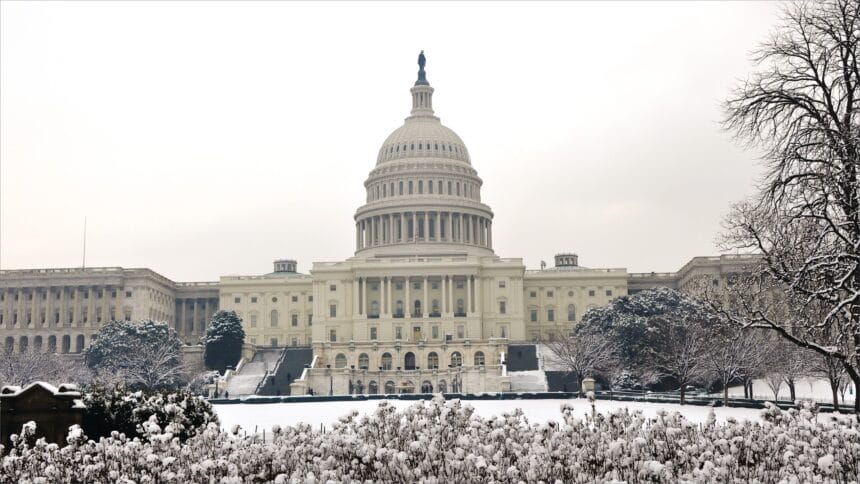
Congress last week averted a government shutdown and sustained funding for several key agencies through early March, but the latest patch also delayed an opportunity to restore pay for physicians and others who serve nursing homes patients.
Physicians, therapists and other ancillary providers who bill services to nursing home patients under Medicare Part B were hit with a 3.37% cut starting Jan. 1. Congress has historically acted to offset those cuts, and advocates had seen a budget resolution before a Jan. 19 expiration as their next best chance for relief. It didn’t come.
Funding for about one-fifth of government agencies had been set to expire early Saturday. A second funding deadline that would have affected the Department of Health and Human Services was set for Feb. 2.
Bills passed Thursday by the Senate and the House pushed those deadlines to March 1 and March 8, and consequently delayed a resolution to the conversion factor cut instituted through the 2024 Physician Fee Schedule.
“The March 1 or 8 packages are now the target for provider relief, and it’s our best pathway,” said Cynthia Morton, vice president of ADVION. “One policy that relates to the Physician Fee Schedule that was extended in the continuing resolution is continuing a floor of 1.0 to the practitioner work portion of CPT codes [used by doctors and therapists]. This is a positive for providers and would continue a minimum payment that has been extended for several years as part of a small package of policies that Congress has extended for several years.”
But Morton warned that the Congressional delay in resolving the larger pay cut means any fix will likely only be on a “go-forward basis.” Providers had been advocating for a retrospective fix, which has been applied in the past.
With the lengthy back-and-forth, provider advocates such as the Medical Group Management Association have warned of “administrative turmoil” related to potential rebilling.
Of course, any discussions of retroactive repair are secondary to getting a fix at all.
House members in December introduced the Preserving Seniors’ Access to Physicians Act of 2023, which would completely eliminate the 3.37% cut. It could get fresh attention if and when the House finally considers a package of healthcare bills as part of a full appropriations process.
“I can’t stress enough how important it is to let your Senators and House members know how important this patch is to our Medicare beneficiaries,” Morton told McKnight’s Long-Term Care News Friday. “There is a lot of noise in Congress with respect to many issues contained in these big spending packages and a lot of competition to get your issue included. We need Congress to do what’s right for the beneficiaries we treat every day.”



